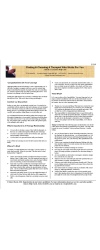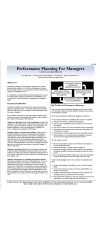While in theory, the use of assertive skills and various forms of active and reflective listening should work in real life, the reality is that they often do not work the way the experts contend, or the books teach us. You should know about this before you jump in to learn and use assertiveness and certain listening skills.
Effective communication depends on both parties playing “by the same rules“. When both people play by the same rules and respond in predictable ways in their responses, skills like assertiveness and reflective listening work very well. For example, two social workers who understand the “rules” of assertive techniques or active listening, and playing by those rules can be very successful conversing using these kinds of skills. Both value the skills, and both respond according to the “book”.
The problem is that people do not play by the same communication rules. One of the best examples regards certain active listening techniques. Let’s say you are interacting with someone about a somewhat emotional topic. You decide you use active listening and paraphrasing (eg. “If I understand you correctly, you feel like you boss has treated you unfairly and…“. The other person responds: “Don’t you dare patronize me, or treat me like you’re a shrink“.
What’s happened here? You are playing by a set of communication rules, while the other person is using another. To him, your use of listening sounds patronizing (this happens frequently because these kinds of response are rare in untrained “listeners”. You feel insulted and confused. You may get angry and strike back since you’re only trying to help.
This kind of thing happens often. That doesn’t mean you shouldn’t give up on these and other communication techniques, but you need to be aware that people may perceive them exactly opposite to what you intend. And, you need to prepare yourself for unexpected responses so you don’t over-react when your use of these techniques is greeted with anger, disdain, or even insulting remarks.






